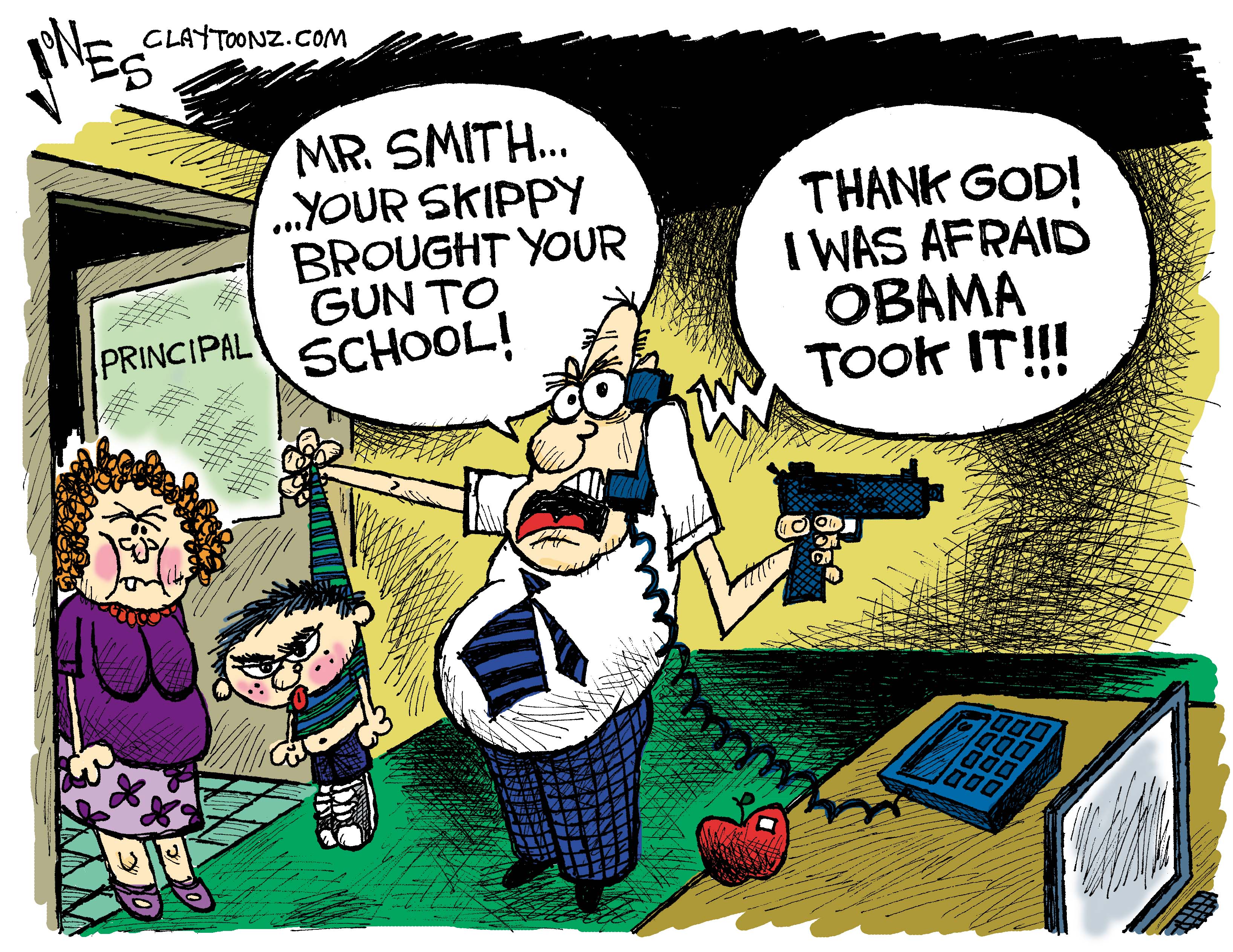One hundred and fifty years later Zakhar Prelepin fought in the War in Chechnya in a Russian Special Forces unit. In 2007, barely three years after returning from the war, Prelepin published the Novel in short stories, "Sin."
Amazon has a excellent summary:
In the episodes of Zakharka’s life, presented here in non-chronological order, we see him as a little boy, a lovelorn teenager, a hard-drinking grave-digger, a nightclub bouncer, a father, and a soldier in Chechnya. Sin offers a fascinating glimpse into the recent Russian past, as well as its present, with its unemployment, poverty, violence, and local wars – social problems that may be found in many corners of the world. Zakhar Prilepin presents these realities through the eyes of Zakharka, taking us along on the life-affirming journey of his unforgettable protagonist.
At the end of the series of stories that make up most of the book are several poems and one final story about several soldiers in a lonely outpost. Although the entire book was vivid to the point I could almost smell some of the scenes, this final story puts the reader right in the middle of a group of soldiers who are cut off from their unit, have no orders and no information. They don't know whether to stay in the outpost or return to the base that is clearly under attack. Their relief unit is hours overdue. The sound of fighting gets more intense.
Do they have a unit to return to? They are running out of food, running out of options. The sergeant in charge of the detachments leads his men back to the base. They confront and kill a group of Chechens on their way back. They now have a truck. They return to the base and the story ends with a twist that I did not expect, but after I read it seemed like the perfect ending to a Russian war story.
The poetry that preceded the final story also gave me a sense of Prelepin's control of language. I am sure the final story was even better with the images from the poems in my head.
So I recommend this book highly, especially to soldiers, especially those who have had trouble returning to civilian life after war service. I also recommend reading the poetry and the last story first. The view of war we get at the end makes the stories of peace more intense, and more sad.





